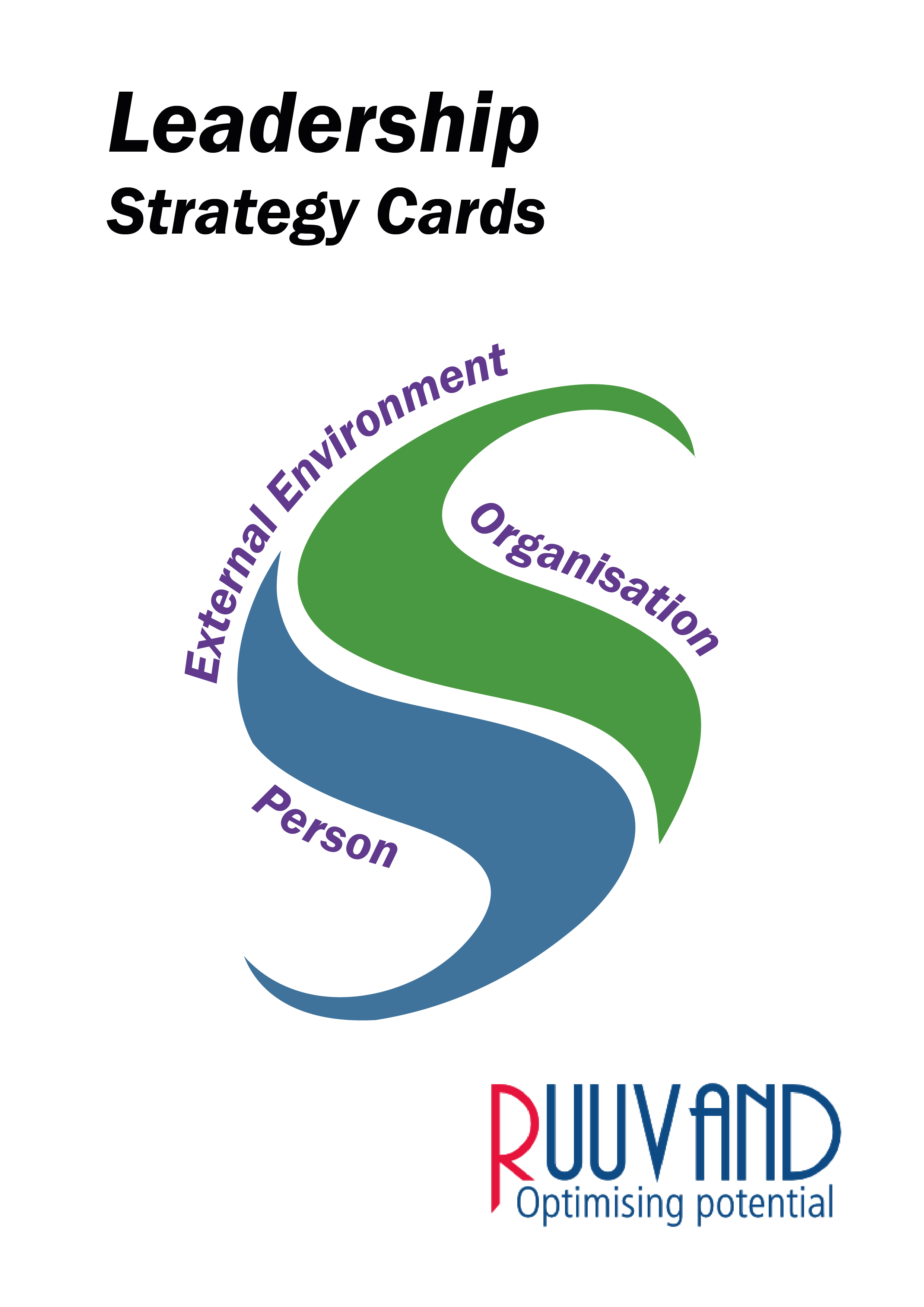Yes, is the short answer. How? Learn by doing.
John C. Maxwell in his book “Thinking for a Change” set out some steps which I have adapted from my own experience and learning to express below.
Be clear, why you want to learn strategic thinking skills and how you will recognise that you have acquired them.
Choose what you want to think about. Start small. This may be a problem, an improvement or an aspiration.
Break down a big issue to explore it – is it immediate, a little in the future or further in the future? Who does it concern – a few people in a team/group or many people in many groups?
Ask “Why?” before “How?” The urgency in a fast-paced world to find a solution, may in fact be slower if one’s initial efforts are abandoned and re-worked. The answer to Why? will provide a wider perspective and options for a solution. Admittedly, this may not be appropriate in some emergency or tactical circumstances.
Evaluate where you are now (A) & accept the situations, your strengths, weaknesses. Then identify where you want to get to on the specific issue (B). Evaluate how to realistically get from (A) to (B). An assessment of opportunities for getting to (B), other opportunities and threats to achieving (B), would deepen your understanding.
What else is going on? Getting the bigger picture, creates context for the issue and options for resolution. Your Political, Economic, Social, Technological, Legal and Environmental context matters when considering choices and their consequences. The structure and the behaviour of your Competitors may also influence your choice of options.
Check your resources – skills, funds, people, competences that make you uniquely successful need assembling and nurturing.
Decide – your decision-making will be best if it takes account of your thinking (head), feeling (heart) and possibility visioning (courage).
Develop actionable steps to start is a mantra for success because as we know, action brings change.
Repeat the steps often and learn lessons from the successes as well as the failures. Utilise these lessons to influence future actions.
Practice these steps and observe your outcomes to see benefits of strategic thinking. I hope it is worth it for you, as it is for Joseph.
Author: Joseph Ogbonna


